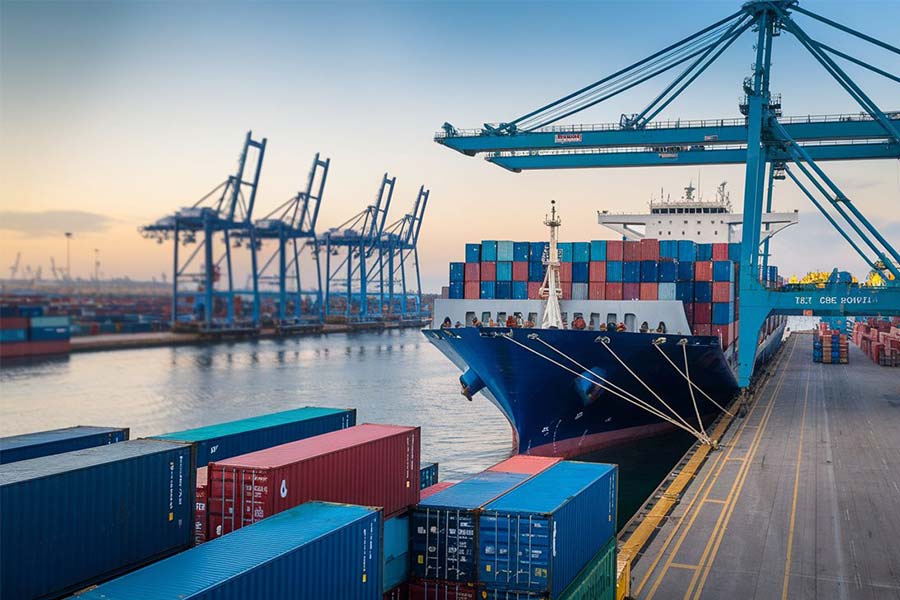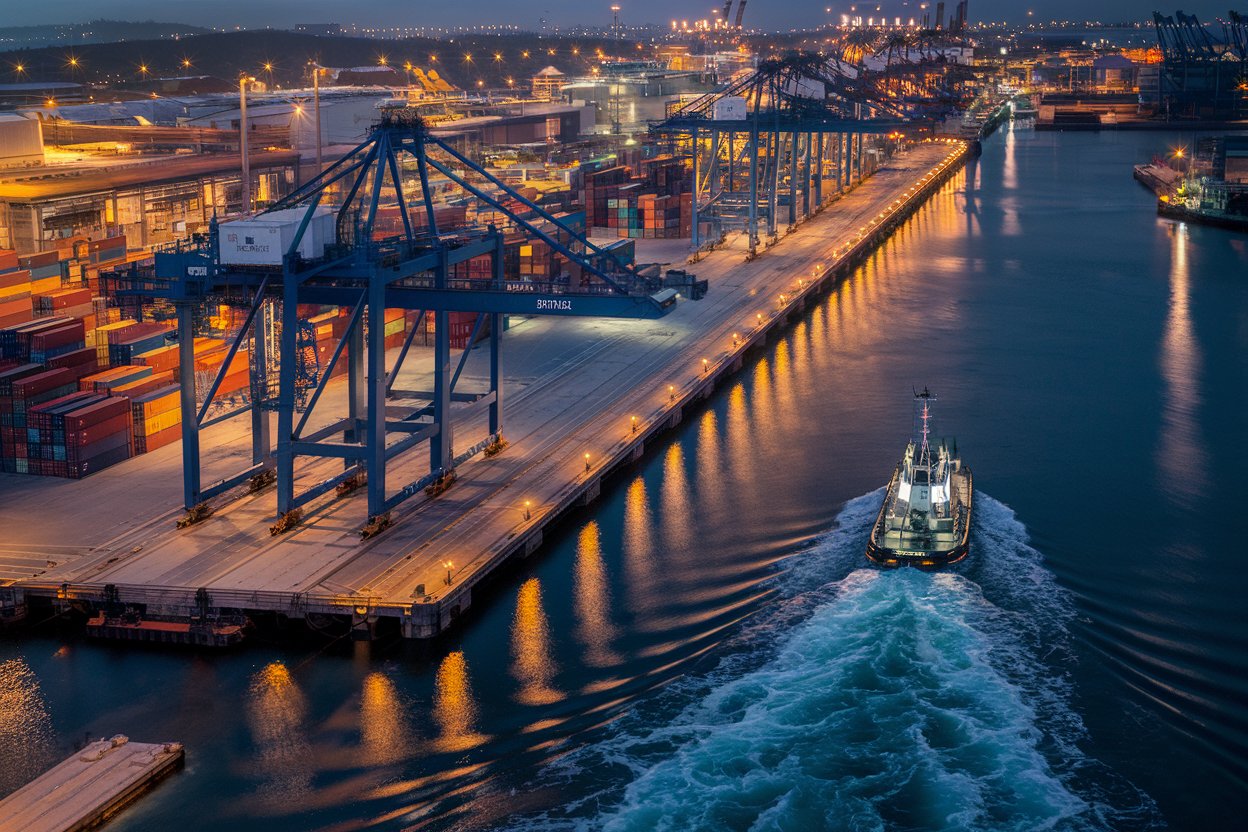- Shanghai Zhongshen International Trade Co., Ltd. - Two decades of trade agency expertise.
- Service Hotline: 139 1787 2118

Contents
ToggleTax - freeEquipment ImportsPolicy opportunities and practical challenges
According to the newly revised Exempt Import Management Measures for Scientific and Educational Articles in 2025, research institutions, universities, and high-tech enterprises importing specialized equipment for R&D can enjoy full tariff exemption and staged VAT deduction policies. However, customs data shows that 37% of duty-free applications from January to June 2024 were rejected due to classification errors or missing documents, with an average delay cycle of 45 working days.
Core value analysis of professional agency services
Value 1: Precise grasp of policy dynamics
Quality agencies employ dedicated policy researchers to track updates in real time, such as:
- The monthly updated Catalog of Duty-Free Import Equipment by the General Administration of Customs
- Special support policies for specific industries (e.g., semiconductors, biopharmaceuticals)
- Localized regulatory requirements at major ports (Shanghai Yangshan Port, Shenzhen Yantian Port)
Value 2: Systematic construction of declaration documents
Our handled典型案例 show that complete declaration documents should include:
- Three-tier document system:
- Basic documents: Business license, duty-free qualification approval
- Technical documents: Bilingual equipment technical parameter comparison table (Chinese-English)
- Legal documents: Certificate of origin, intellectual property commitment letter
- Special attention to 3 new mandatory fields added in the 2025 version of Customs Declaration Element Specifications,
Key risk control points throughout the process
In a recent晶圓廠 lithography machine import case we handled, we reduced customs clearance time to 72 hours through:
- Pre-classification stage: Preparing 10 sets of customs classification rulings for similar equipment in advance
- Manifest transmission: Simultaneously submitting pre-valuation documents (including 5-year import price curves for similar equipment)
- Inspection stage: Assigning certified inspectors for on-site technical confirmation with customs
Five evaluation dimensions for selecting agency services
We recommend companies assess agency professionalism from:
- Customs AEO certification level (priority given to Advanced Certified Enterprises)
- Accuracy rate for specific commodity classification (require successful cases from past two years)
- Emergency response capability (evaluate re-submission response time)
- Port relationship network (understand on-site coordination capabilities at major clearance ports)
- Information systems (require demonstration of real-time tracking for customs declaration progress)
2025 industry trend predictions and response suggestions
Based on recent policy briefings, companies should focus on:
- The import of semiconductor equipment may introduce an additional "technical security review" process.
- Biomedical equipment will pilot a new model of "pre-arrival inspection + post-warehousing inspection."
- The customs plans to establish a "Duty-Free Equipment Usage Traceability System," which requires the prior deployment of equipment usage ledgers.
Professional agencies value lies not only in single transaction processing, but more importantly in helping companies build sustainable compliance in import management systems. By systematically integrating policy research, process design, and risk control, duty-free equipment import efficiency can increase by over 40%, with annual comprehensive cost savings of approximately 15-20%.
Related Recommendations
? 2025. All Rights Reserved. Shanghai ICP No. 2023007705-2  PSB Record: Shanghai No.31011502009912
PSB Record: Shanghai No.31011502009912










